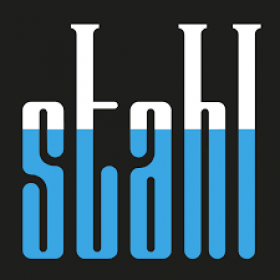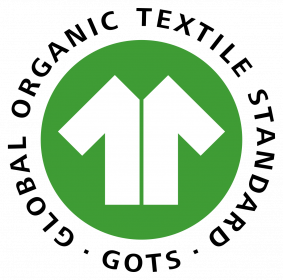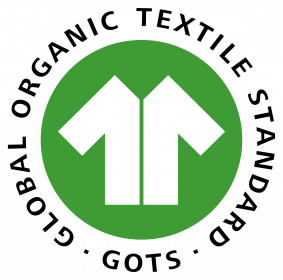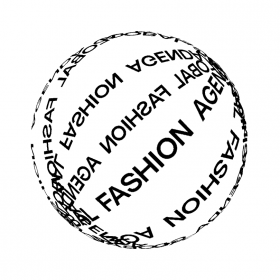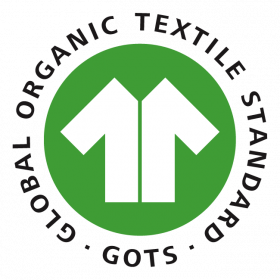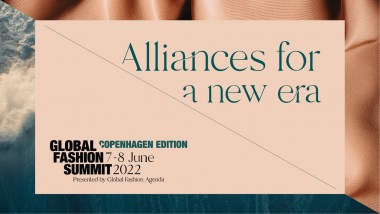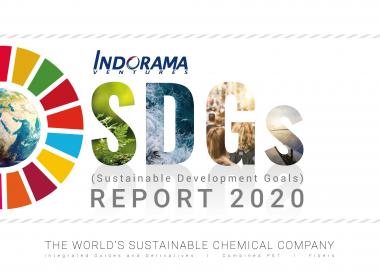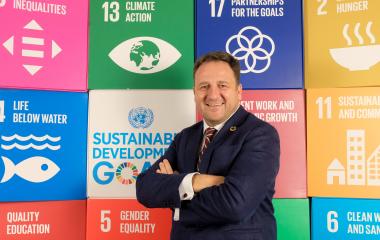Stahl joins CLIB biotechnology network
Stahl, an active proponent of responsible chemistry, has joined CLIB, an international open innovation cluster of stakeholders in the biotechnology space. CLIB is committed to providing networking opportunities for its members across different industries and sectors with a view to using biotechnology to foster sustainability. Stahl’s membership of the network underlines the company’s commitment to open innovation and to working with partners across value chains to reduce its Scope 3 emissions.
CLIB members include large companies, SMEs, start-ups, academic institutes, universities, and other stakeholders engaged in biotechnology and the circular- and bioeconomy as a whole. As part of this cluster, Stahl seeks to connect with likeminded contacts and partners to explore opportunities for increasing the use of bio-based and bio-derived solutions in its chemistries, products, and applications. In turn, Stahl hopes to add value to other members of the network by providing a route to market for biotechnology solutions through the company’s extensive range of industrial products and applications.
Stahl’s first face-to-face interaction with its fellow CLIB members will take place at the CLIB Networking Day in October 2022.
Stahl Holdings B.V.


